Guest Speakers

Abira Ashfaq
Lawyer & Activist
Abira Ashfaq is a lawyer and a human rights activist. She has more than fourteen years of experience teaching law in Pakistan. Her work focuses on ongoing development projects that pose a threat to the environment and agricultural land in Sindh. More recently, she has been working closely with the indigenous farmers of Malir against their forced evictions due to ongoing urban development projects in Karachi.
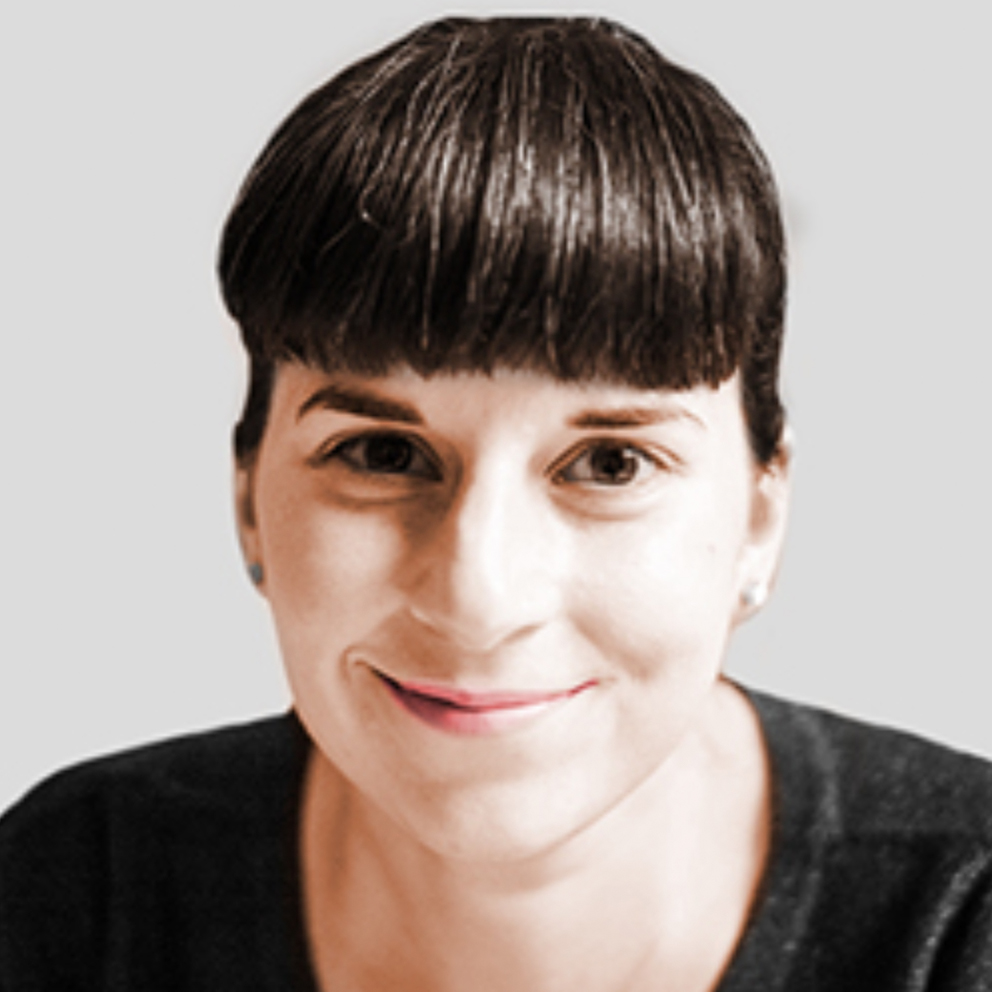
Alexandra Deschamps-Sonsino
Designer
Alexandra Deschamps-Sonsino is an author, consultant, and entrepreneur with a background in design. She wrote ‘Smarter Homes: how technology will change your home life’ and ‘Creating a Culture of Innovation’, was the first UK distributor of the Arduino and founder of the Good Night Lamp which is in the permanent collection of the London Design Museum. She curated the London Internet of Things Meetup between 2011-2020 and helped the community create BetterIoT, a free checklist to help founders and product managers make more ethical decisions. She is slowly building the Low Carbon Design Institute, exploring how creative professionals integrate climate change knowledge in their practice. She studied industrial design at the University of Montréal and interaction design at the Interaction Design Institute Ivrea. She lives in South London.
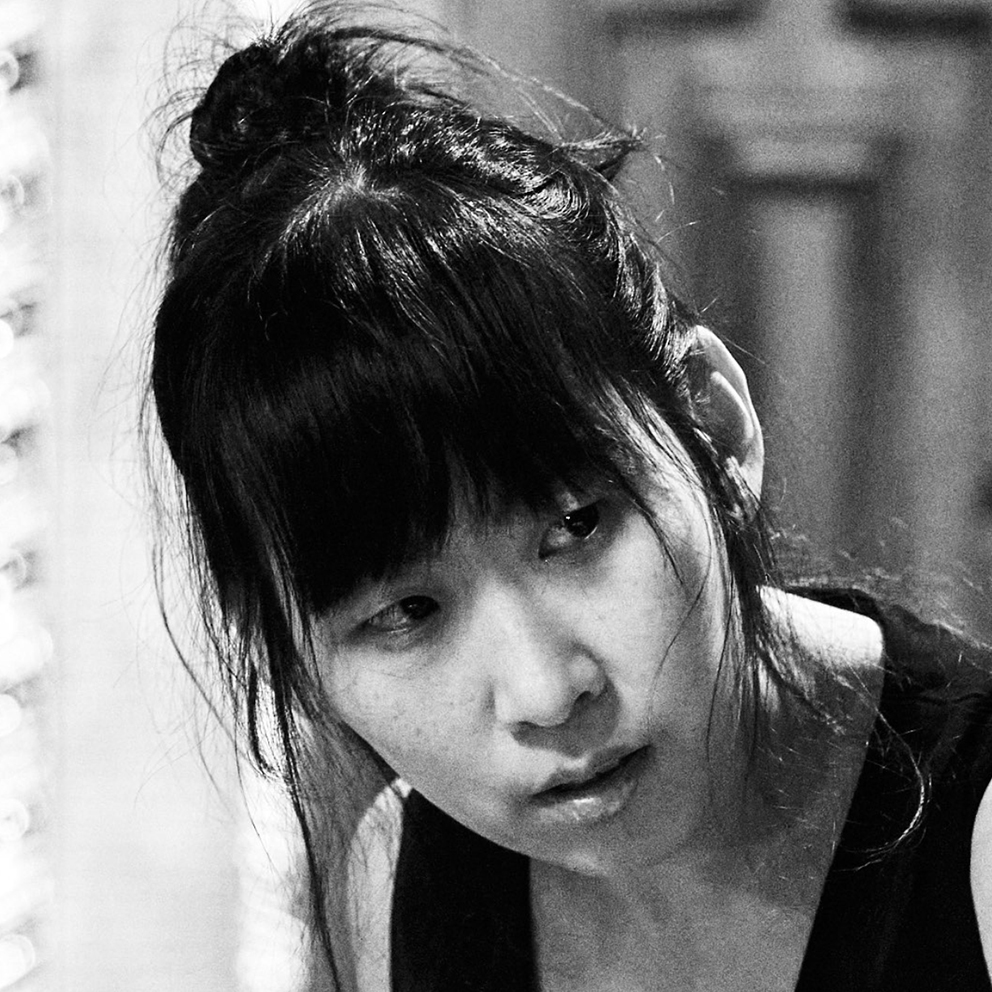
An-Ting
Theatre Artist & Composer
An-Ting is a versatile artist who thrives in piano, electronic compositions, and various other forms of artistic expression. Drawing from her life experiences, she weaves diverse encounters into her creations, blending music with other art forms to delve into the depths of the human experience. She has led and co-created productions including HOME X (nominated for UK Theatre Awards – Digital Innovation), CAN X Two Temple Place: Digital Exhibition and Immersive Performance (Arts Council England’s Digital Culture Award – Storytelling), Augmented Chinatown 2.0 (an app for AR, music and drama), Lao Can Impression (Southbank Centre’s Purcell Room) and Bats and Beats (Soundstate Festival, Shanghai tour).
Between 2018 and 2023, she led the National Portfolio Organisation Kakilang, placing emphasis on establishing an artist-led structure, generating new narratives by Southeast and East Asian artists, and encouraging cross-artform collaborations. Her background presents a unique fusion of science and art, holding a degree in Chemistry from National Taiwan University, alongside a MMus and PhD in performance from the Royal Academy of Music. An-Ting has performed at venues such as Barbican, Southbank Centre, King’s Place, LSO St Luke’s, Newbury Spring Festival, Deal Festival, the Akademie der Künste Berlin (Academy of Arts) and National Theater Taiwan.
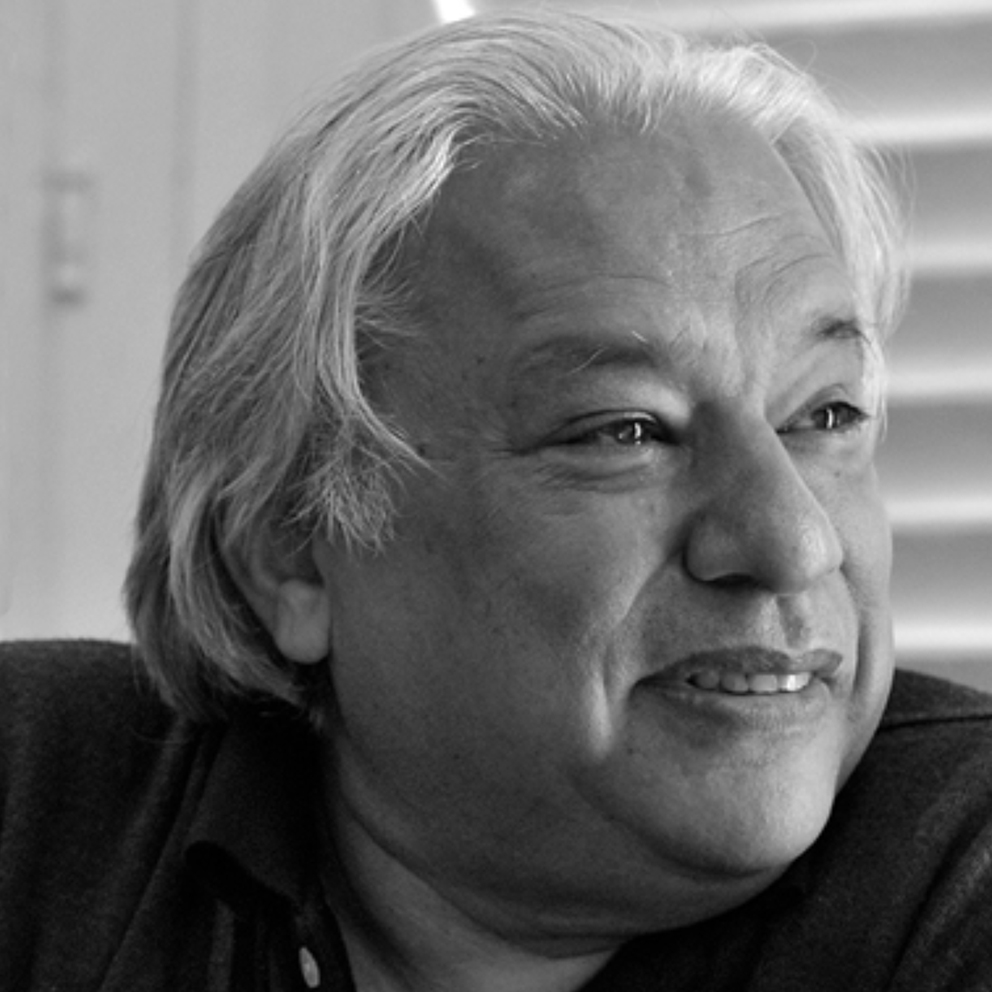
Arif Hasan
Architect & researcher
Arif Hasan is a Pakistani architect and planner, activist, teacher, social researcher and writer. He studied architecture at the Oxford Polytechnic, worked in Europe in architect’s offices, and on his return to Karachi in 1968, established an independent practice which slowly evolved into dealing with national and international urban planning and development issues. He has taught at Pakistani and European universities and lectured widely both in the North and the South.

Dr. Hira Sheikh
Scholar, artist & architect
Hira Sheikh is an architect, artist-curator, and scholar. She holds a doctorate and researches with the Design Lab and Digital Media Research Centre at the Queensland University of Technology. With a background in Architectural Design, she holds Research Masters in Media, Art, and Performance Studies from Utrecht University. She worked as an urban planning consultant at The United Nations Development Programme (UNDP).
Sheikh’s research is situated in the interdisciplinary field of the environmental humanities. Her scholarly work focuses on urban, digital, and political issues to explore justice for other species. Her work has been published in Regional Studies and Routledge Handbook of Digital Environmental Humanities. Her artistic and curatorial practice explores entangled relationships between humans and other species. Her collaborative work has been exhibited by; Queensland University of Technology (Smart Urban Governance for More-than-Human Futures, 2022), IN x The Old Lock Up (Bee_rilise, 2022), and Ars Electronica.ART Global Gallery (REFRACTus, 2020).

Léopold Lambert
Editor-in-Chief, Funambulist
Léopold Lambert is the editor-in-chief of The Funambulist. He is a trained architect, as well as the author of four books that examine the inherent violence of architecture on bodies, and its political instrumentalization at various scales and in various geographical contexts. He is the author of Weaponized Architecture: The Impossibility of Innocence (dpr-barcelona, 2012), Topie Impitoyable: The Corporeal Politics of the Cloth, the Wall, and the Street (punctum, 2016) and La politique du Bulldozer: La ruine palestinienne comme projet israélien (B2, 2016). His new book is called States of Emergency: A Spatial History of the French Colonial Continuum (Premiers Matins de Novembre, 2021).
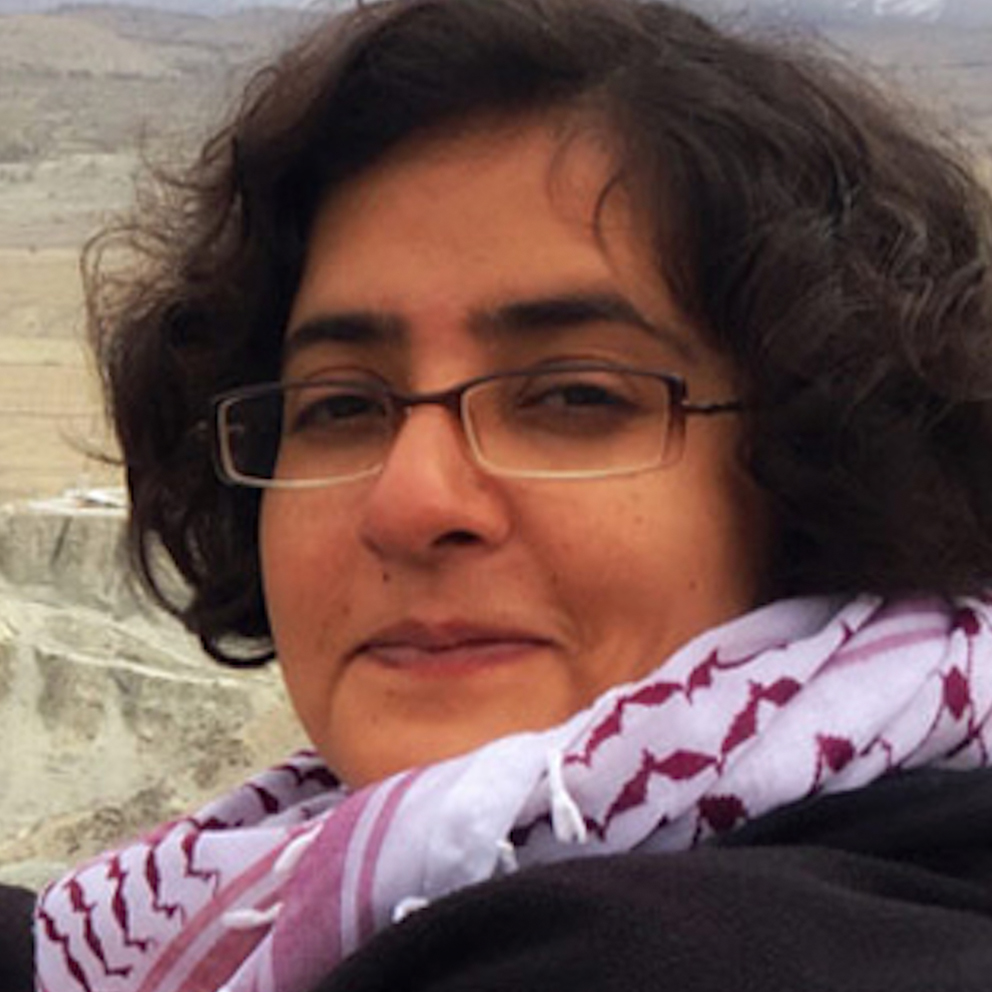
Mahera Omar
Filmmaker, Co-founder PAWS
Mahera Omar is a filmmaker and co-founder of Pakistan Animal Welfare Society, a nonprofit that advocates biodiversity protection, environmental justice and compassion towards sentient beings. Her films have been exhibited in Pakistan as well as at international film festivals including at Film South Asia, Istanbul International Architecture and Urban Films Festival and Delhi International Film Festival. Highlights of her filmography include ‘Perween Rahman – The Rebel Optimist’ and the Dream Journey’s musical travelogues. With an abiding interest in Karachi, its environment, plants and animals that share the city with its 20 million inhabitants, she works to document ecosystems that shape Karachi today.

Prof. Marcus Foth
Scholar
Marcus Foth is a Professor of Urban Informatics in the School of Design and a Chief Investigator in the QUT Digital Media Research Centre (DMRC), Faculty of Creative Industries, Education, and Social Justice, Queensland University of Technology, Brisbane, Australia. He is a founding member of the More-than-Human Futures research group. Marcus’ research brings together people, place, and technology. For two decades, Marcus has led ubiquitous computing and interaction design research into interactive digital media, screen, mobile and smart city applications. Since founding the Urban Informatics Research Lab at QUT in 2006, urban informatics has been adopted worldwide by industry (e.g., McKinsey, Intel, CISCO) and universities (e.g., NYU, University College London, Warwick, Northeastern).
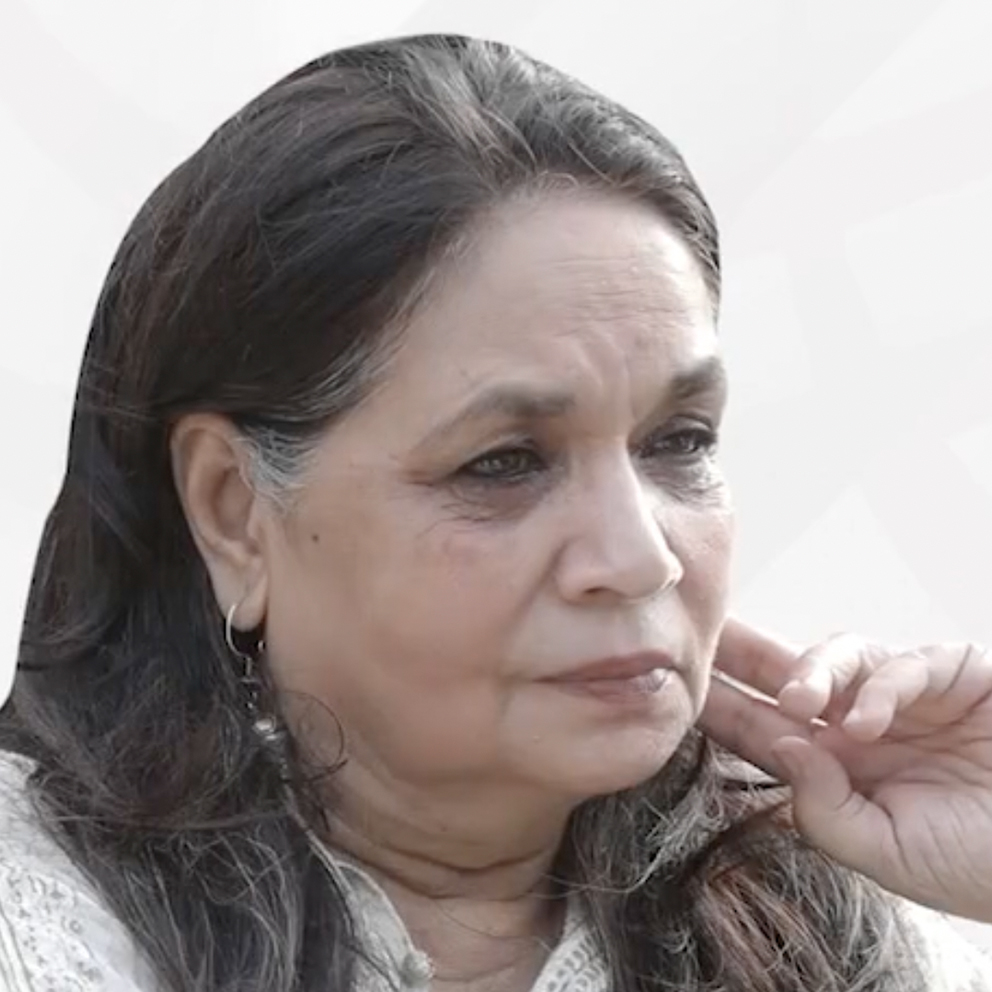
Noorjehan Bilgrami
Artist, designer and curator
Noorjehan Bilgrami is a multi-disciplinary artist and a practising curator. She is grounded in the traditional crafts of Pakistan and her atelier Koel spearheaded the revival of handloom weaving, hand block printing, and the use of natural dyes. Gallery Koel has provided a vibrant platform for new and emerging artists, and Noorjehan has curated numerous exhibitions for the gallery.
Her own art practice is meditative, exploring issues of inner reflection through a vocabulary that is intensely personal, while it touches upon universal themes. She has held numerous solo shows and participated in exhibitions in Pakistan, in the USA, Australia, Korea, Sri Lanka, South Africa, and India. She was the artist in residence at the Cicada Press, University of New South Wales, Sydney, Australia, in 2015 and in 2017 at the Islamic Museum of Art, Design and Culture, Shangrila, Doris Duke Foundation, Honolulu, Hawaii, USA. At the culmination of the residency, her solo exhibition, ‘Under the Molsri Tree,’ was held at the Islamic Gallery, Honolulu Museum of Art.
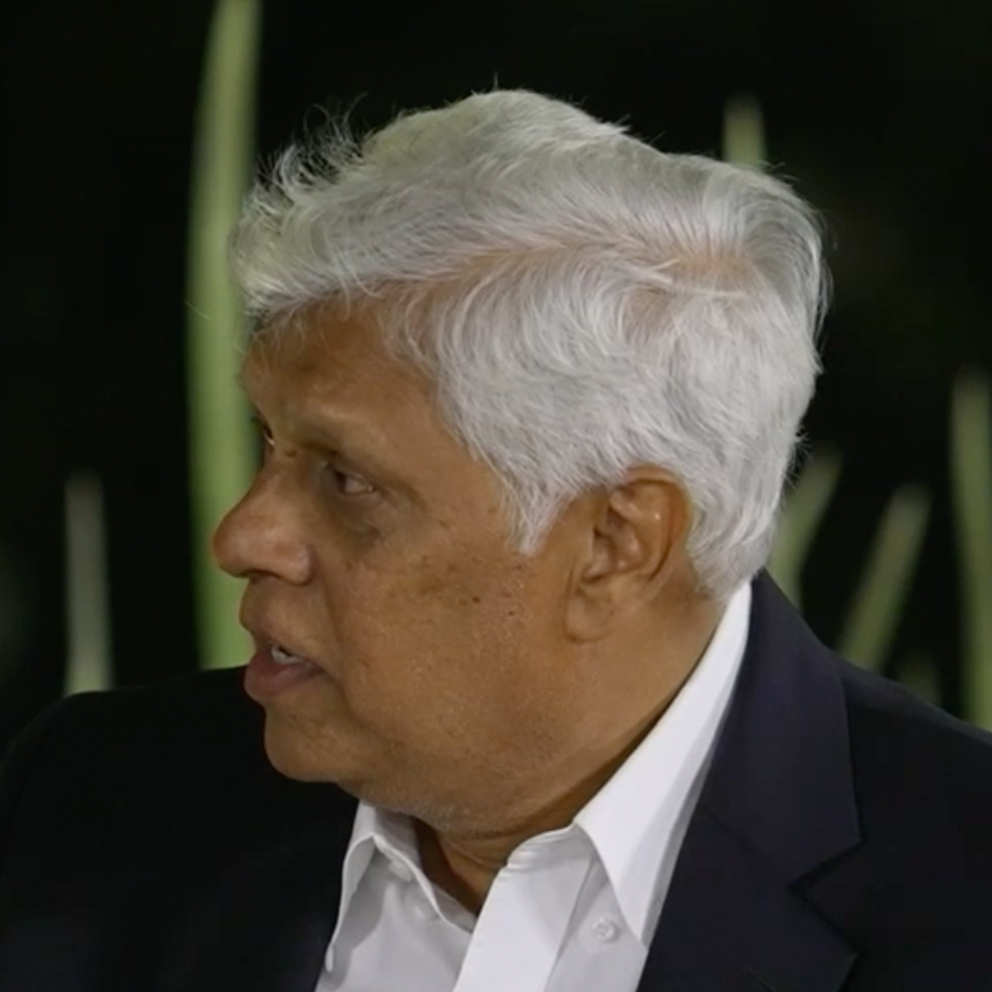
Dr. Shahid Amjad
Scholar
Dr. Shahid Amjad is a Professor and Head of the Department of Environment & Energy Management and Industrial Management. He has a Ph.D. from the School of Ocean Sciences, University of Wales, UK. His MS is from the University of Oslo Norway in Benthic Ecology. He has been associated with the National Institute of Oceanography as Director-General and with various top universities of Pakistan as Acting Vice-Chancellor and Professor.
He has over 30 years of research and management experience in Marine and coastal Ecological Assessment and Monitoring. He served as the Principal Investigator of a 5-year project on North Arabia Sea Environment and Ecosystem Research (NASEER). Project supported by the Ministry of Science and Technology, Government of Pakistan, and US Office of Naval Research (ONR). 1998-2003. The project investigated the Physical, Chemical, Biological Oceanography of the North Arabia Sea as it responds to monsoonal reversal.

Dr. Shahida Wizarat
Scholar
Dr. Shahida Wizarat is Senior Professor, College of Economics and Social Development (CESD) at the Institute of Business Management (IoBM). She did her PhD in Economics from the University of East Anglia on a British Council scholarship. Dr. Wizarat’s areas of interest are industrial productivity; profitability; concentration; economic policies; international financial institutions; debt management; privatization and liberalization; food security; political economy; natural resources, conflict and growth. She has authored three books, The Rise and Fall of Industrial Productivity in Pakistan (OUP), Fighting Dependence: Proclaiming Sovereignty for an Enslaved Pakistan (LAP) and Fighting Imperialism: Liberating Pakistan (CRS).

Shahzad Qureshi
Founder, Clifton Urban Forest
A year after the 2015 heatwave in Karachi, Shahzad Qureshi, an engineer and entrepreneur, introduced the concept of an ‘urban forest’ in Karachi, alongside his tree planting initiatives. This innovative approach, inspired by the Miyawaki method, developed by Japanese botanist Akira Miyawaki in the 1950s, involves densely planting three to five native tree species per square metre, fostering rapid forest growth compared to conventional methods. Qureshi initiated the urban forest in collaboration with an Indian expert Shubhendu Sharma who specialised in the Miyawaki method.
The urban forest in Clifton, South Karachi, covers three acres where Qureshi planted 38,000 saplings; many of those have matured into trees. The site features a sewage water filtration system, a vegetable garden providing year-round supply to the surrounding community, a fish pond, fruit trees and a waterfall. Over the last four years, Qureshi’s organization, Urban Forest, has planted 14 urban forests in parks, schools, people’s yards and outside of a mosque.

Tofiq Pasha Mooraj
Gardener
Tofiq Pasha Mooraj, an ardent nature lover, has 30 years of experience in the field of horticulture. From introducing a variety of profitable crops with careful use of natural resources to home based farming and revamping landscapes, Tofiq has been connected to the soil in its truest form. With 30 years of experience in horticulture, floriculture, landscape designing, home based food production and water management, especially of smaller farms at the grassroots level, Tofiq P. Mooraj has introduced different varieties of high revenue crops interfaced with using water judiciously in different areas of Sindh, in particular the Indus Delta and the Indus Basin region. His special field of interest is the development of food and protection of environment, especially water. Mooraj is a Member of Pakistan Water Partnership, Indus Delta Area Water Partnership, an active supporter of the Women and Water Network Pakistan and also a South Asia Focal Point of the Dialogue on Water Food and Environment.


